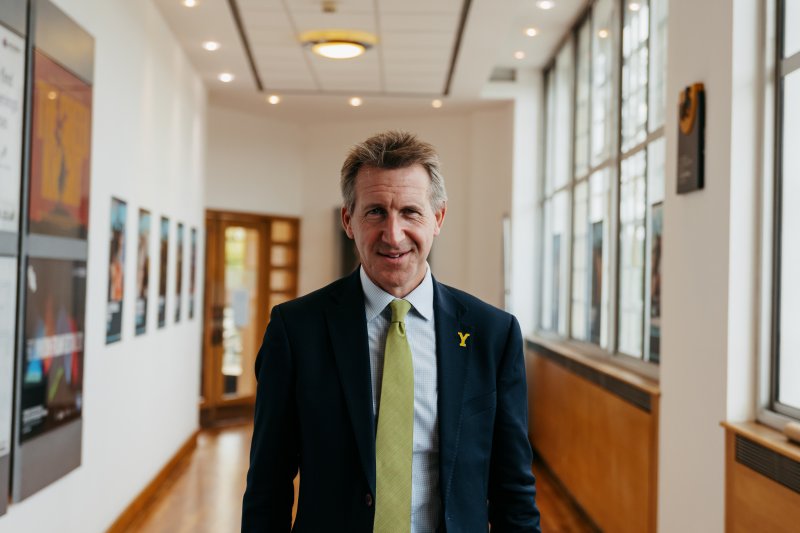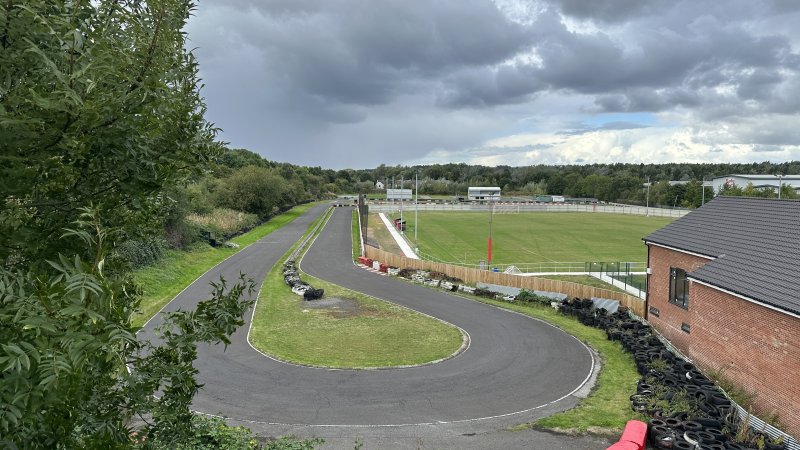Dementia is a cruel thief. It robs people of their memories, their independence, and their identity and leaves families with the life-changing and often incredibly tough task of caring for a loved one with a life-limiting condition.
Witnessing the decline of someone you love with Dementia is a profoundly painful experience. It’s a heartbreaking transition that many in our community are all too familiar with and one that many raise with me as their local MP.
After a diagnosis, families have to navigate an intricate web of emotions, challenges, and uncertainties. It's a journey filled with sorrow and frustration, but can also be one of resilience and love.
Here in Barnsley, we are very fortunate to have local groups like Butterflies Dementia Support and Activities Group and Barnsley Independent Alzheimers and Dementia Support alongside the excellent Barnsley Hospice who provide invaluable support to those living with dementia and their families. These organizations offer a lifeline and foster a real sense of community, understanding, and connection. They are unsung heroes who remind us that those with Dementia and their families are not alone.
On a national level, excellent charities such as the Alzheimer's Society and Dementia UK are working tirelessly to improve the lives of people affected by dementia. They provide vital resources, raise awareness, and advocate for policy changes that prioritise dementia care. These organizations have made significant strides in reducing stigma, increasing early diagnosis rates, and enhancing support services for those with dementia, their families and carers.
Research institutions are also making remarkable progress in understanding the complexities of Dementia. Advances in medical research are paving the way for innovative treatments and interventions, and we're witnessing ground-breaking studies that offer hope for improving the quality of life for those living with Dementia. The most recent breakthrough has been with the drug Donanemab which, trials showed could slow the progression of Dementia and allow people with the disease to live fuller lives. While we don’t yet have a cure, we are moving in the right direction and there is reason to be hopeful.
But our work is far from over and there is much more to do. We must continue to work tirelessly to support those affected by Dementia and push for further breakthroughs in research and treatments. We must also continue to raise awareness, challenge stereotypes, and advocate for the rights and dignity of those living with the Dementia. As we do this, we can look to a future that is well within our grasp, a future where Dementia is no longer life-limiting, and where those affected can live their lives to the fullest.



























